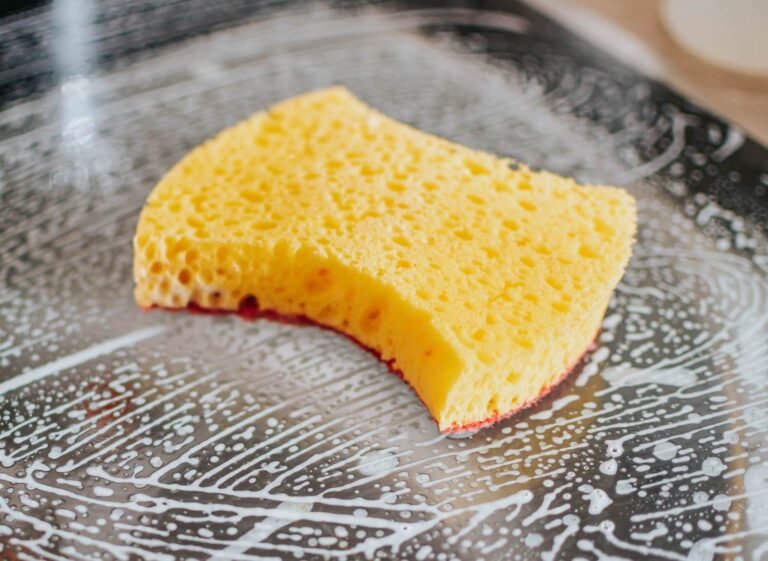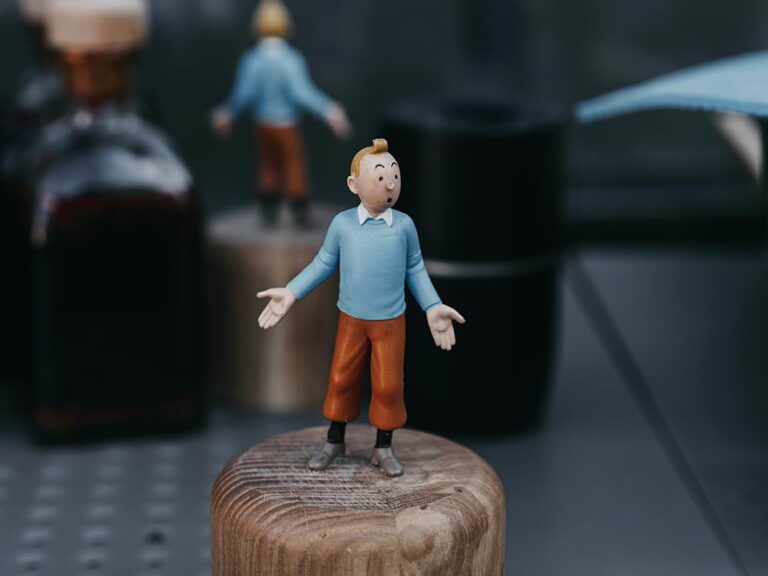levée de boucliers
The French expression “levée de boucliers” literally means a raising of the shields. It dates back to ancient Roman times, when soldiers who opposed the wishes of their generals would raise their shields above their heads as a demonstration of their disapproval. Since the middle of the 15th century, this saying has come to mean…








